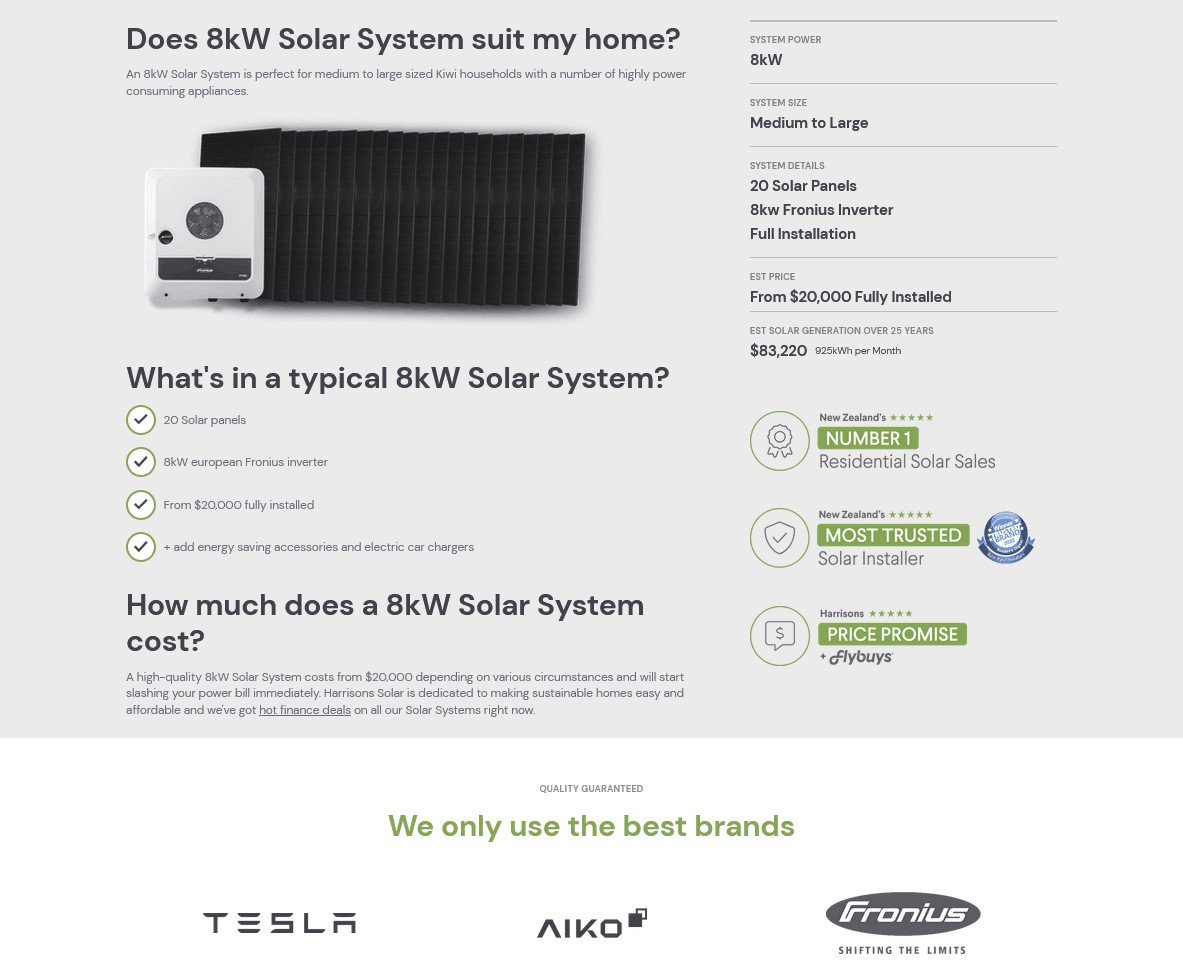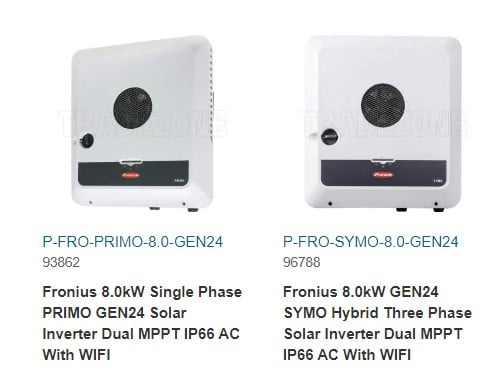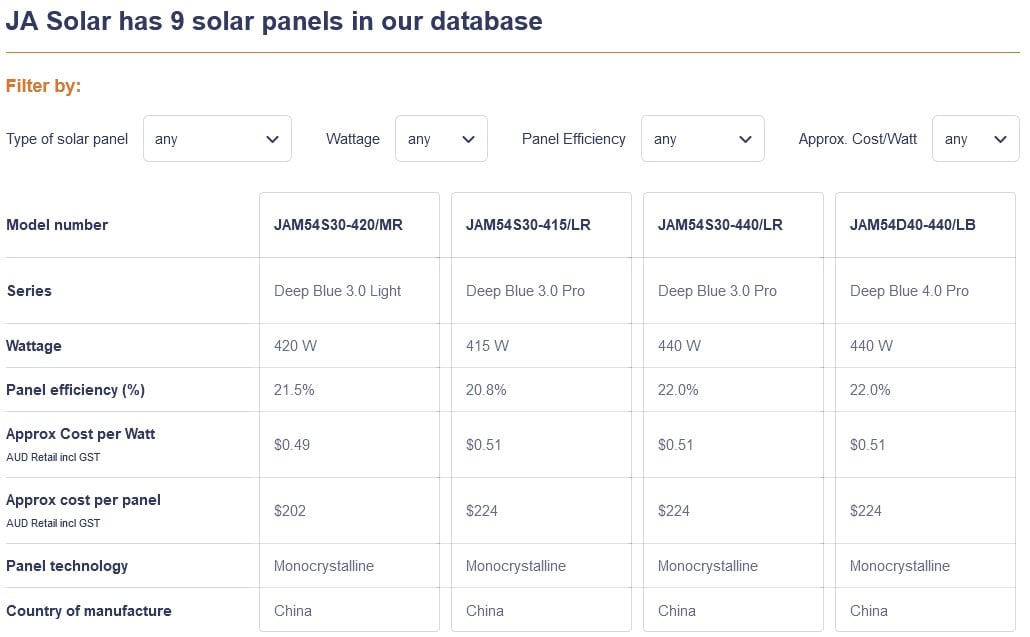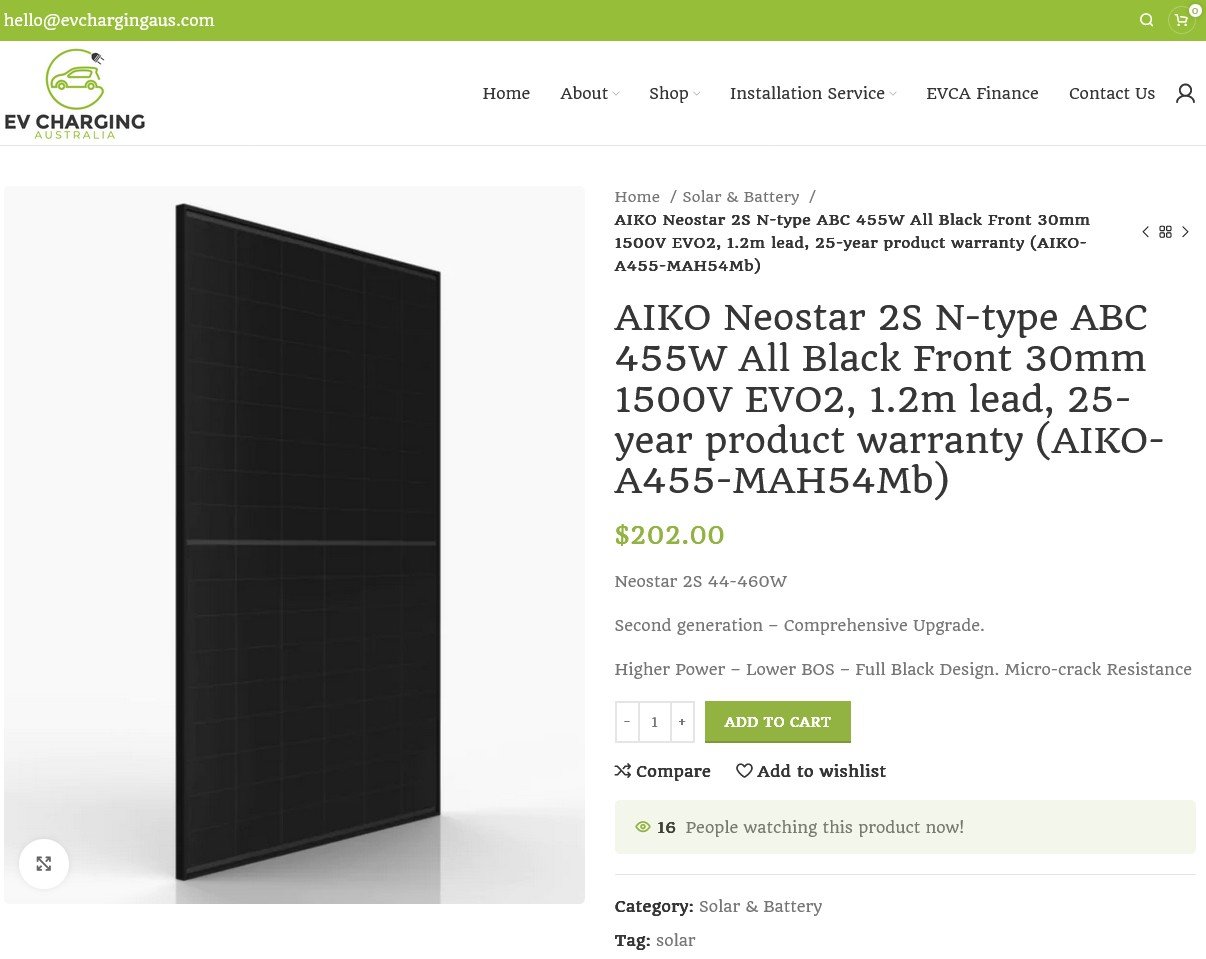We've been looking into solar options and just wanted to bounce some things around if anyone else with experience has any insights to offer.
The only one to do an onsite consultation so far is Harrison's (we've also had email and video conversations with others, or been pointed to standard package offerings). I'm not a fan of the combination bait-and-switch/upsell technique of giving the impression that their package pricing uses Aiko panels (see attached image) but is actually based on JA Solar panels with a $115 per panel premium to upgrade to Aiko. Anyway, the advantages are the partial shade performance of the Aiko panels allowing a couple more panels and they are 455W units vs 420W, and the aesthetics are nice. Considering ROI, I can't justify batteries, so the PV point feature of the Fronius is a bonus as when power goes out here it can be a few days (Gabrielle was 9 days and we've had a few in the 3 days to a week range). I appreciate the name recognition of Fronius and that they've stood by their warranties with previous iterations of their hardware. I see the active cooling as both an advantage and disadvantage, lower temps are great but with long experience of fans, I don't particularly trust noise perfomance or reliability of a fan over such a long period, especially outdoors. We live in a very quiet rural area and the fan noise examples I've come across don't inspire confidence in adding such a persistent intrusion on the audioscape.

Another seller's offering depending on the number of panels would come in $2-3k cheaper and would use a GoodWe MS inverter, which despite the Chinese manufacturer flame wars, seems to be pretty decent and has 3 MPPTs which would be a good fit for our three roofs. Here there is the advantage and disadvantage of passive cooling, not having a mechanical failure point and low noise but whether it would halve the expected lifetime - anecdotal projections of Fronius units going over 20 years vs living on borrowed time after the 10 year parts warranty with passive units.
There are similarly priced offerings from others that use GoodWe DNS inverters, but seem to be pushing overpanelling beyond what seems sensible for a passive unit, and only two MPPTs. More expensive options with higher end panels and microinverters give some peace of mind in terms of longer warranties but the ROI is marginal.






